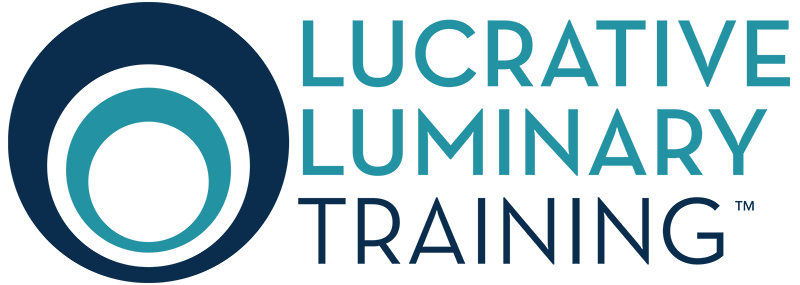Lesson #10 : The Rule of Complexity
The Rule Of Complexity
The idea here is, I’m assuming you would be intuitive, or it’s common knowledge, or we can all agree that adding complexity to something doesn’t necessarily make it better. I’m saying that more for my own benefit than yours, because I think that’s intuitive for most. Sometimes I definitely forget that, and I definitely forgot that many times this year. Oh, I’m getting a little bit of light. That was weird. A little bit brighter, anyway.
So it doesn’t inherently make things better, adding complexity. In fact, the same can be true for just simply having more of something. Even something that’s a good thing, it doesn’t necessarily mean that doing more of that thing makes it better, more or less. Okay, so I think we would all agree to that. So one of the things that I’ve learned is a continuous mistake that I’ve made in our business, with regards to a lot of our marketing campaigns, specifically, launches and whatnot, is that I tend to take something that’s working, and in an effort to innovate, or to improve, or to make things better, I’ll usually default to adding a layer of complexity to it.
Some Examples From Our Launches
So some examples, with regards to our big launch sequences, I’ve been really trying to solve this riddle of, what’s the optimal way to use webinars? You know, how many, and where should I put them, and whatnot? Where should I sprinkle them in amongst the giveaways and the other video content, and that type of thing? In doing so, I’m adding complexity to the sequence. And of course, the starting point here of what I’m building on here, is that doesn’t necessarily make it better. And I’m assuming that that’s fairly obvious. Another situation of where this came to light for me was I’ve been watching a lot of our contemporaries do live streams during their launches.
Modelling Others
A primary motivator has been a friend of mine, a woman named Lisa Sasevich. She has these really great live streams, about four hours long or so. So I talked to her a bit about it. She gave me some pointers and whatnot. Callan and I are going to do our first live stream, and we’re all excited. Well, I thought, “Well, heck. Lisa does them four hours long, and she’s got XYZ components in her live stream. Well, heck. We’re going to do one. It’s going to be nine hours long, and I’m going to add in these extra pieces.”
The Impact
Well, of course, it didn’t make our live stream any better. We didn’t see any extra conversion or anything like that due to these extra pieces that we put in. The reason was because more often than not, the adding of complexity, or as things become more complicated, they become more confusing. Well, of course, whether it’s a client or someone on your own team, if they’re dealing with a process that’s more confusing than it used to be, or if something is more confusing, obviously, it’s going to lead to a lesser result. I have one more example, quickly before I get to the meat of this rule of complexity, and what I feel my ultimate learning here is.
An Example Of Where It Backfired
I did another piece where, again, trying to add innovation. We did a launch earlier this year where it was a higher ticket offer, and we wanted to get everyone on the phone to actually make the sale on the phone, okay? Now, for an online launch, instead of just sending people to a page where they can register for whatever the thing is, understand if I’m getting them on the call first, well, that’s an extra layer of complexities, it’s an extra step, right?
So my thinking was, or what I intended to do, was I didn’t give people what the entire offer was. I didn’t inform them of the offer. I tried to build desire and to build a high level of curiosity to get them to want to get on the phone to hear the offer. Anyway, just the simplest form of the story here, it didn’t work very well. And in hindsight, based on what I feel I’ve learned from all this is that it should have been obvious. I was adding a layer of complexity to it, that didn’t have a payoff.
When Complexity Pays Off
Well now, let’s get into this idea of payoff. Because the idea of complexity in and of itself isn’t a bad thing, right? So some people might say that, “Oh, keep things as simple as possible.” Well, simple as possible, obviously, that’s not a truism. Obviously, the simpler something is it doesn’t necessarily get the best result. Like new technologies come into our life all the time adding layers of complexity, complexity, complexity, but that make our life easier.
So an example would be computers. As an example, I think we all use computers, because that’s a lot easier to use than an old school paper filing system. Yet the computer is many, many magnitudes more complex. So how do we know, right? Where do we know when adding complexity can make something better versus make something worse? Well, here’s what I’ve determined, and what I’m calling this rule of complexity, is that complexity can be effective only if there’s a payoff of simplicity somewhere, if the complexity is actually creating simplicity somewhere within a given system.
Impacting Entities In Your Business
So when we look at it from the perspective of our business, really when I think of my business, I think of three entities, really. There’s three different parties, or communities, that are experiencing what it is that we’re doing. There is me, right? I’m an important part of this puzzle. There’s my company, or I think of it primarily as my team, but there’s an entire organization. And then, there’s our clients.
If I’m adding complexity, or if we’re adding complexity to any given system, it’s only going to be intelligent if it is actually creating simplicity for at least one of those three groups. The idea here is moving forward, I’m going to do as good a job as I can before I go ahead with something I’m excited about, some clever process, or whatever. Before I add complexity to a system, I’m going to ask the question, “Where’s the simplicity payoff?
Making Things Simpler
Where is this making things simpler with one of those three audiences?” So I’ll give you an example. I told you about the example where I was getting people on the phone with the desire and curiosity. Now, had I actually communicated the full offer to those people, and then invited them on the phone to have a conversation about whether or not the the program might be a fit for them, or to have their concerns voiced, or whatever, theoretically, that would have been fine.
Because I would’ve been making the process simpler for them in the moment. Because I would have been asking them to make a decision whether or not they’re going to buy the process. It’s a version of a micro commitment. Yes, I’ve added an extra step, but I’m asking them a much smaller decision, which is easier. It’s easier to say, “Hey, yes, I have an interest here,” than it is to say, “Yes. Here’s my money. I want to purchase it.”
So in that case, that’s something that I wouldn’t hesitate moving forward with, because yes, I’m adding complexity into a system, yet from the client’s perspective, it’s making it simpler for them. And any form of micro commitment is the same type of a thing. So if you take one big decision, and you make it a series of smaller decisions, a lot of times, the series of smaller decisions will actually convert better. Why? Not inherently because it’s more complex. It’s because the complexity of the system is actually making it simpler for the consumer, similar to if I can create complexity something, but it makes the experience of people on my team, if that makes their jobs simpler, well then, yeah, now I’ve got a potentially intelligent scenario.
The Rule Of Complexity
The rule of complexity is that complexity is an investment in simplicity. So I’ll repeat that. Complexity is an investment in simplicity. So what I’m going to do, or do my absolute best to do moving forward, before I barge ahead and start adding some level of complexity to something, I’m going to ask myself, “Is this a wise investment?”
So I want to be clear on where’s the simplicity payoff and what’s the magnitude. Is the magnitude of that payoff worth my investment in the complexity itself? Just like if I was going to invest in some business or something like that, if I’m giving $1000 as an investment, what’s the payoff here? Is this leveraged? Is it $1000, or more that’s likely coming back? Same thing here. If I’m investing in complexity, I want to be well aware of what’s my simplicity payoff. Is this a wise investment? So that’s the rule of complexity. Complexity is an investment in simplicity.
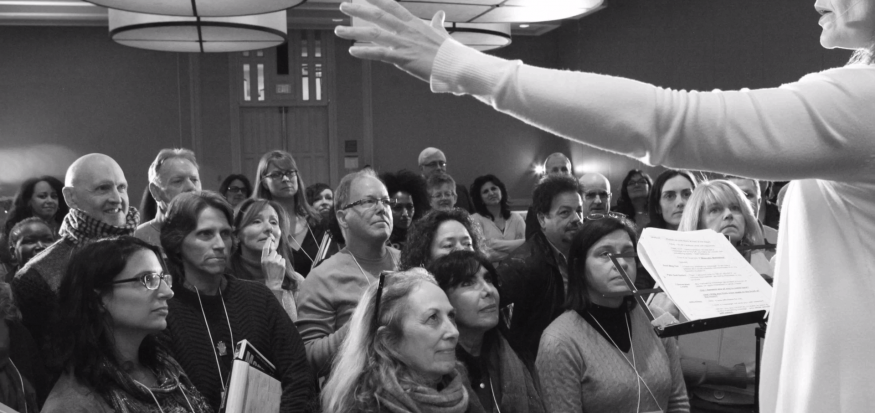
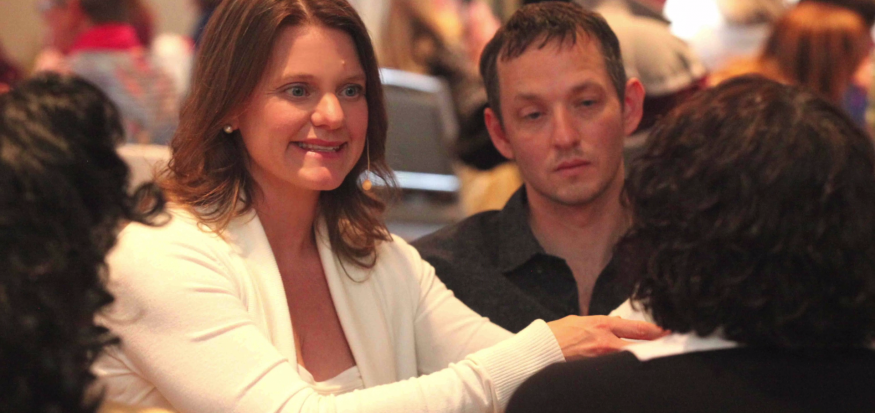
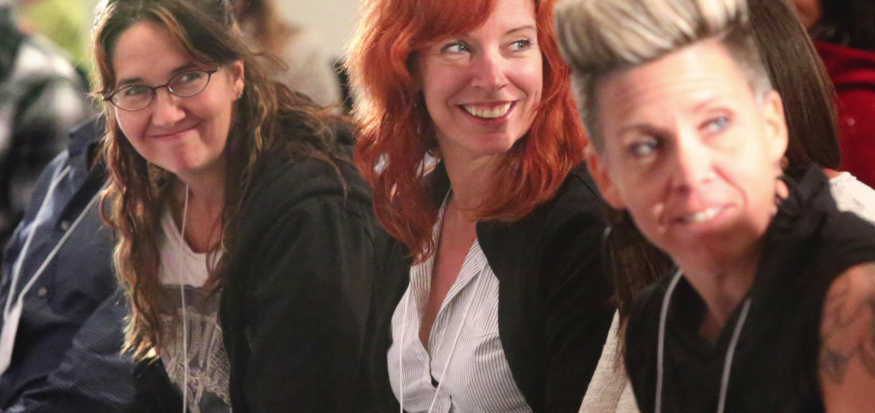
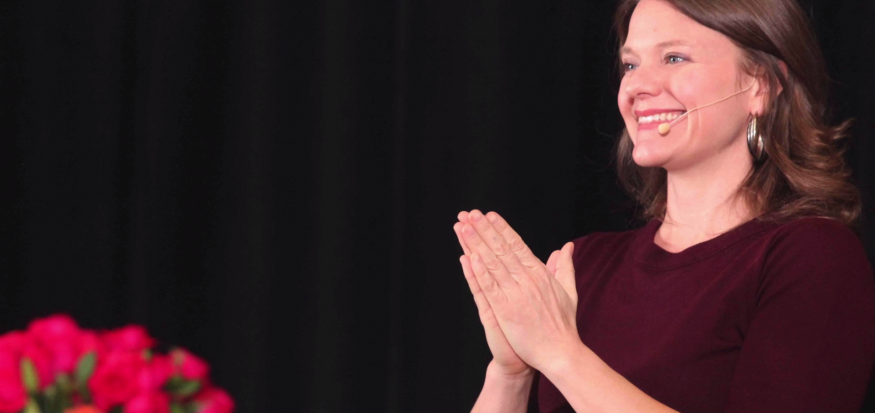
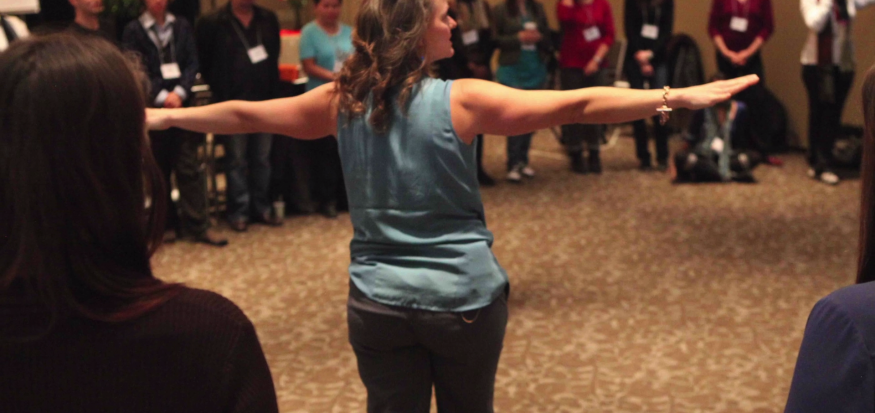
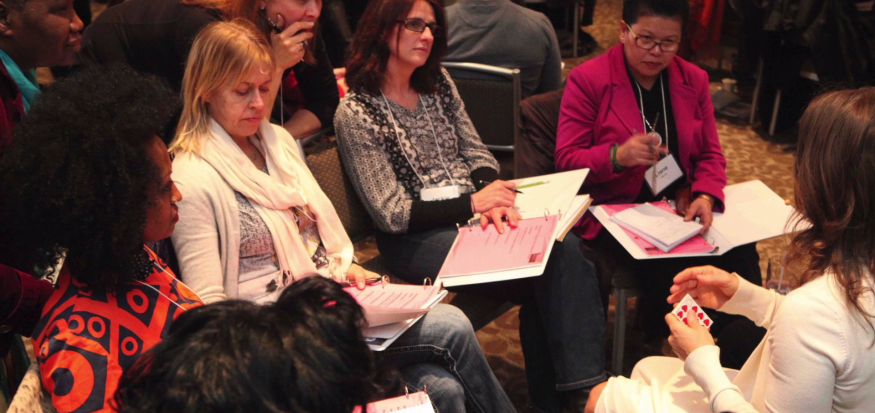



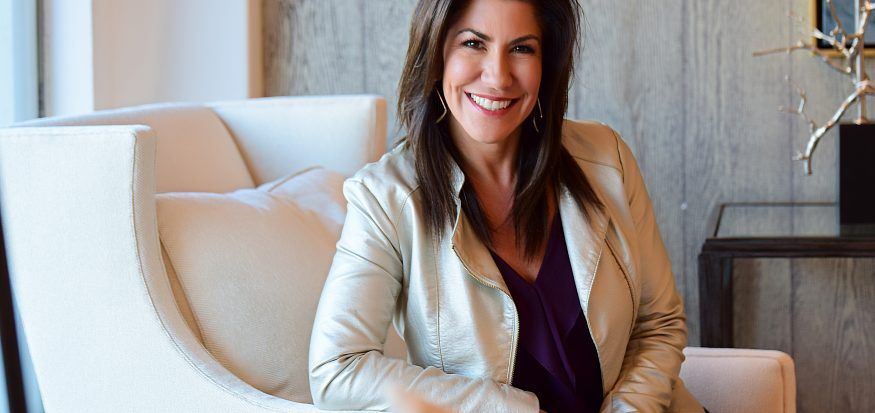
Should Start Speaking appeared first on Lucrative Luminary.

